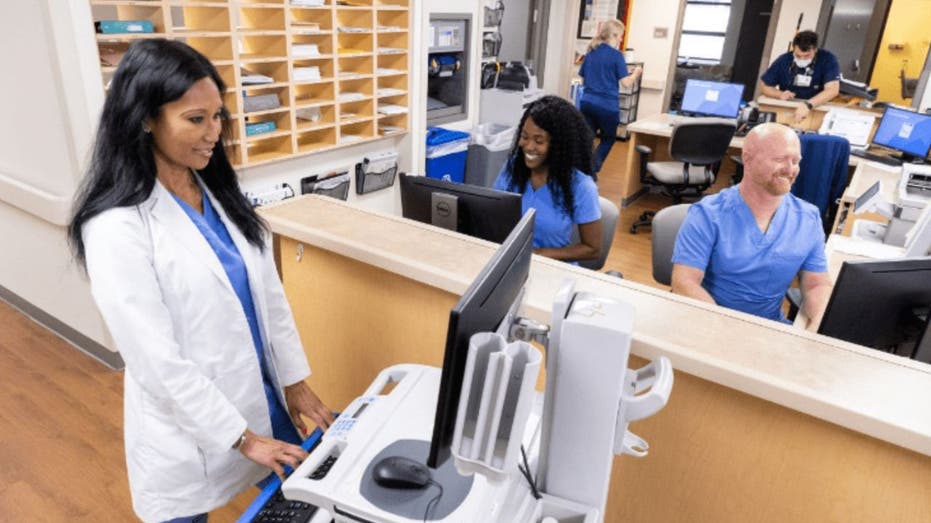- by foxnews
- 08 Apr 2025
Ransomware attack's devastating toll on hospital patients' health
Ransomeware attacks against health care organizations are happening at an alarmingly high rate in 2024, putting patient health at risk.
- by foxnews
- 11 Nov 2024
- in technology

A new report from Microsoft highlights that these attacks not only lead to data theft but also put patients' physical health at risk.
What's more troubling is that these attacks aren't limited to urban areas. Rural health clinics are also prime targets for cyberattacks. These facilities are particularly vulnerable to ransomware because they often lack the resources to prevent or respond to security incidents. And since these clinics are the only health care option within miles, a successful attack can be devastating for many rural communities.
With the rise in cyberattacks on health care providers, it's wise to take proactive steps to protect your personal information and be prepared for potential disruptions in health care services:
1. Stay informed: Keep up to date with the latest news from your health care providers and reliable sources to stay aware of any disruptions or data breaches affecting systems and services.
2. Maintain personal health records: Keep copies of your health records on your own devices or printed out, including details like medications, allergies, past surgeries and other relevant health information. This can be crucial if electronic health records become temporarily unavailable.
3. Prepare for medical emergencies: Have a backup plan for emergencies, including knowing nearby alternative health care facilities. Research wait times and accessibility to help avoid delays if your primary facility is impacted.
6. Confirm appointments: If you have upcoming appointments or procedures, contact your health care provider to confirm or reschedule if a cyberattack disrupts their normal operations.
7. Monitor patient portals: Keep an eye on patient portals like MyChart for updates on your medical records and communication with health care providers, as these can provide critical information during service disruptions.
The surge in ransomware attacks on the health care industry is troubling and a harsh reminder that criminals don't care about the lives at risk. They're just after money. Health care organizations need to take lessons from the past two years, investing heavily in cybersecurity infrastructure and hiring dedicated staff to protect patient data and systems. With stronger defenses in place, the goal is to prevent these situations from reaching the point where paying a ransom is even considered.
Follow Kurt on his social channels:
Answers to the most asked CyberGuy questions:
New from Kurt:
Copyright 2024 CyberGuy.com. All rights reserved.
- by foxnews
- descember 09, 2016
Ancient settlement reveals remains of 1,800-year-old dog, baffling experts: 'Preserved quite well'
Archaeologists have recently unearthed the remarkably well-preserved remains of a dog from ancient Rome, shedding light on the widespread practice of ritual sacrifice in antiquity.
read more





